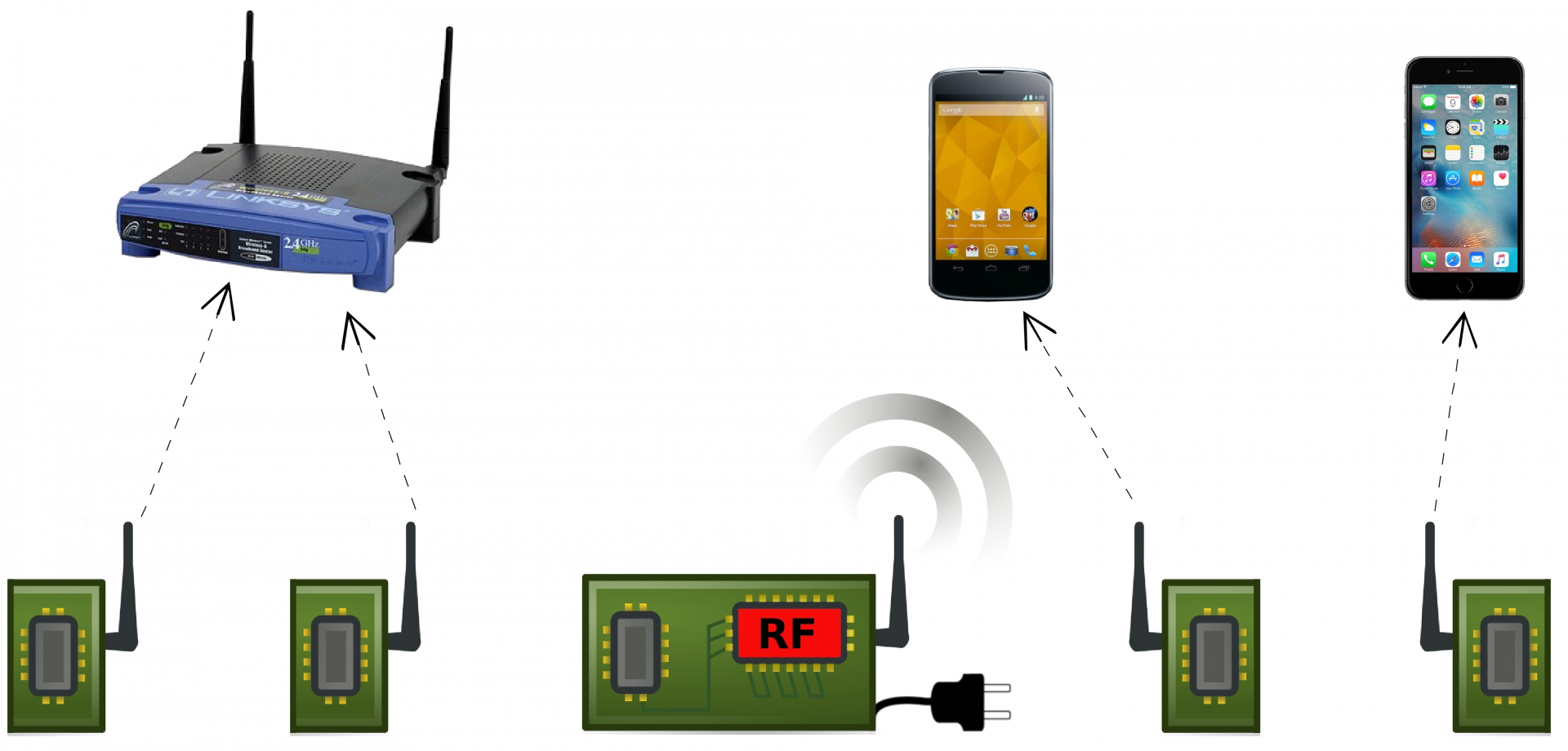
University of Washington computer scientists and electrical engineers created a Passive Wi-Fi system that demonstrates how it’s possible to generate Wi-Fi transmissions using 10,000x less power than other Wi-Fi chipsets, and 1,000x less power than Bluetooth Low Energy and ZigBee.
“Passive Wi-Fi transmissions can be decoded on off-the-shelf smartphones and Wi-Fi chipsets over distances of 30 to 100 feet in various line-of-sight and through-the-wall scenarios,” according to the student researchers in an online paper.
This system aims to enable an Internet of Things environment, where users can have their devices and sensors communicate over Wi-Fi while using as little power as possible. The system is now being used by Jeeva Wireless, a provider of low-power communications solutions.
The researchers are expected to present the results of their work in March at the USENIX Symposium on SDN Research.
Open-source compliance e-book available
The Linux Foundation wants to help organizations use best practices for open-source code in products and services, so it is making one of its e-books available for free.
The 149-page e-book is written by Ibrahim Haddad, vice president of R&D and head of the Open Source Group at Samsung. He explores how organizations can use best practices in the open-source community, and teaches organizations how to participate in open-source communities in a legal and responsible way. Readers will also learn how to structure an open-source-management program, and how to set up an open-source compliance strategy.
The e-book can be downloaded here.
Rails highlights the latest features, updates
Ruby on Rails recently announced that jQuery is no longer a dependency of Rails, since Rails JavaScript helpers have been rewritten in a “new gem” called rails-ujs. Now helpers use Vanilla JavaScript, which makes jQuery no longer a dependency. Also, Ruby on Rails announced that the first release candidate for 5.0.1 has been released, with no issues found.
The new features in this first release candidate include Yarn support, where developers can “pass the –yarn option when you generate a new Rails app, and Rails will create the necessary config files and run Yarn install after bundle installs automatically,” according to a blog post by Rails developers Greg Molnar and Prathamesh Sonpatki.






